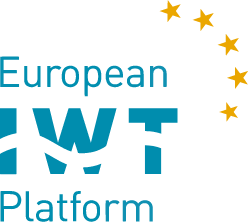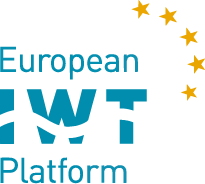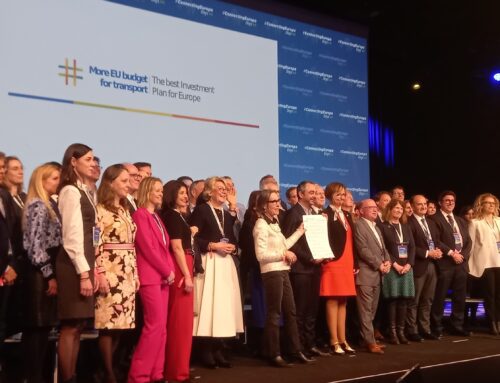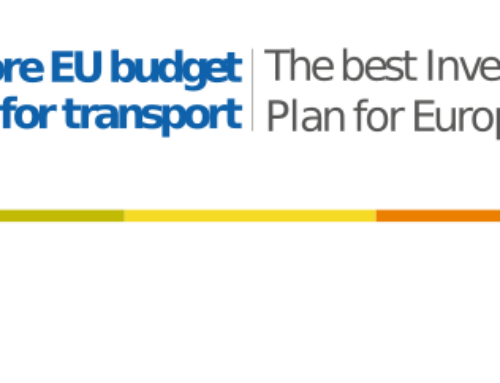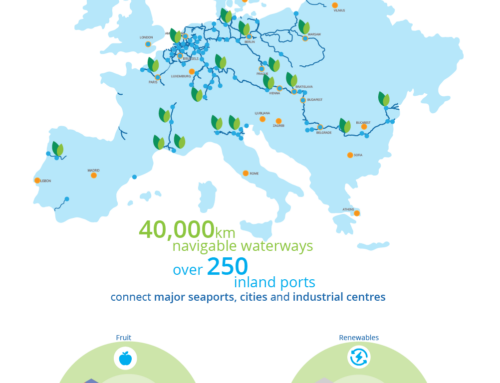We have a pleasure to announce that CESNI has unanimously welcomed our request to grant the IWT Platform a non-governmental organization status for a tacitly renewable five-year term.
About CESNI
Back in 2015, the CCNR (Central Commission for the Navigation of the Rhine’s) took lead in the creation of CESNI: the European Committee for drawing up Standards in the field of Inland Navigation (Comité Europaen pour l’Élaboration de Standards dans le Domaine de Navigation Intérieure) in close collaboration with the European Commission.
CESNI-establishing resolution was adopted in June 2015 in order to further improve and harmonise inland navigation standards and regulations, while maintaining the highest levels of safety, efficiency and competitiveness. The resolution took into account the CCNR’s ‘Vision 2018’ for the sustainable development of inland navigation; and the ideas shared by the European Commission to reinforce governance and to simplify procedures.
The purpose of CESNI is to bring together experts from the Member States of the European Union and the CCNR and representatives of international organisations with an interest in inland navigation.
The Platform is going to be actively involved in the developments of standards in the framework of permanent working groups:
- CESNI/PT – Technical Requirements;
- CESNI/QP – Professional Qualifications;
- CESNI/TI – Information Technologies.
What are the missions of CESNI?
As explained on their website, the European Committee for drawing up standards in the field of inland navigation shall have the following missions in particular:
- adopting technical standards in various fields, in particular as regards vessels, information technology and crew to which the respective regulations at the European and international level, including the European Union and the CCNR, will refer with a view to their application,
- deliberating on the uniform interpretation and application of the said standards, on the method for applying and implementing the corresponding procedures, on procedures for exchanging information, and on the supervisory mechanisms among the Member States;
- deliberating on derogations and equivalences of technical requirements for a specific craft;
- deliberating on priority topics regarding safety of navigation, protection of the environment, and other areas of inland navigation.
We are looking forward to this fruitful collaboration!
